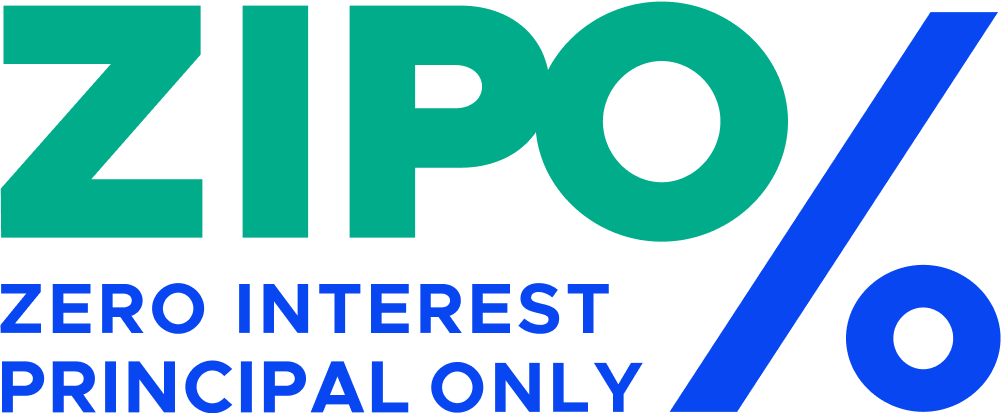NEWS
What Would It Really Mean to Cancel Student Debt
Among those in positions of power, the fact that millions of U.S. borrowers owe nearly two trillion dollars worth of student debt isn’t much of a secret. In fact, you’ve probably already noticed the growing controversy surrounding educational debt cancellation now that Biden’s plan for loan forgiveness has been put on a freeze.
While even this plan isn’t designed to completely wipe out what people owe, it has brought up a few important questions. Exploring the answers to the most commonly asked questions about debt cancellation can help you understand what this drastic action might mean at both the individual and national levels.
What Ideas for Debt Cancellation Are Being Discussed?
Complete cancellation sounds like a dream come true to many borrowers, but this could come at a greater cost than people realize. The total amount of student loans forgiven gets included in the federal deficit. This can impact how government funds are spent and the amount that you pay for taxes.
Biden’s current plan to forgive $10,000 of federal student loan debt is meant to keep the negative impacts of forgiveness down. Offering more debt relief to people who make lower incomes is also on the table, and there have been discussions about expanding the public service loan forgiveness program. Still, even the best of these ideas don’t fully address all of the challenges that people face with student debt.
What About Private Loans?
This brings up the next big question, which is how some people might not benefit from massive federal loan relief at all. The U.S. government doesn’t have the ability to cancel private loans, which means that these borrowers will still be struggling with potentially difficult repayment plans. Over time, offering benefits such as zero interest federal loans could persuade more students to choose newer, more affordable options. But, federal debt cancellation won’t change private loan borrowers’ situations any time soon.
How Does Loan Cancellation Impact Future Borrowers?
Even those who prefer federal loans can still get stuck paying for debt that they can’t afford. The current debt cancellation plans only cover the cost of what people have already incurred. Currently, there is little in the plans to address what happens when new students are forced to take out loans to achieve their dream of obtaining an education. This is why we continue to press for zero interest loans. While it would be great if colleges lowered their tuition rates, the federal government can do what is possible to reduce the burden of interest that people have to pay on future loans.
Will Cancelling Student Debt Stimulate the Economy?
Relieving millions of borrowers from their enormous monthly payments should have a direct and clear impact upon the economy. Those who have been delaying major life decisions, such as buying a house or starting a business, will have more funds available to make larger financial transactions. However, this big boom to the economy is expected to be temporary, unless we find a way to help continue to keep the costs of loans down in the future.
Current economic trends indicate that a complete cancellation of debt could have far-reaching positive impacts on the economy. However, just wiping out what people owe right now doesn’t hold much hope for changing people’s situations in the future. Instead of going for instantaneous satisfaction, it is better to begin implementing smaller changes that make a big impact over time.
Enacting zero interest student loans doesn’t let people completely off the hook for repaying what they borrowed, but it does make it easier. Being able to put more of their money towards the premium rather than excessive interest rates makes it possible for those who borrow money for school to end their debt faster while still contributing to the economy.
